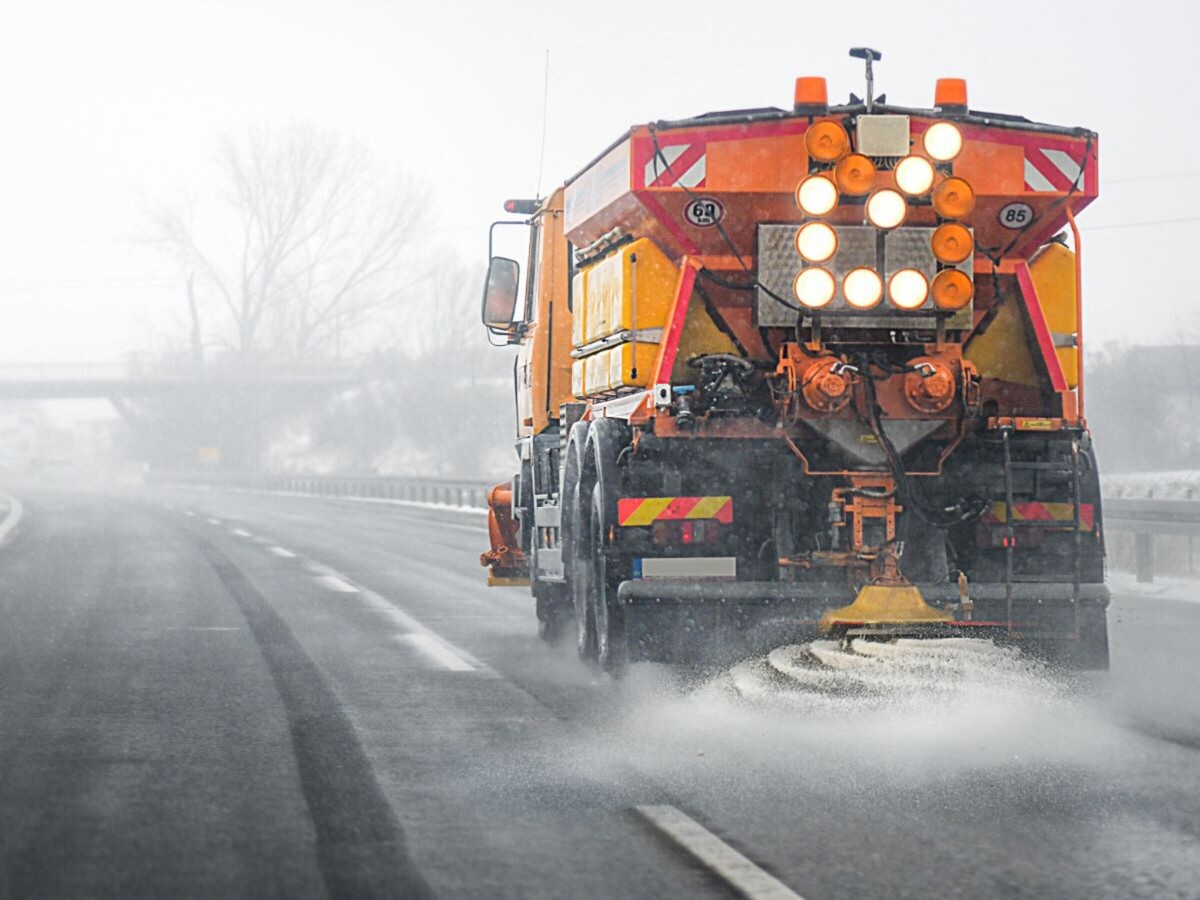Morristown Winter Dilemma: The Environmental Price of Road Salt
Balancing Safety and Sustainability in New Jersey's Snowy Season
As Morristown braces for its first snowstorm of the season, the critical issue of road safety emerges with a hidden environmental cost: the extensive use of road salt. Local authorities and environmental experts highlight the profound impacts this common de-icing method has on water quality, infrastructure, and wildlife, prompting a search for sustainable alternatives.
The Unseen Journey of Road Salt
Laura Norkute, Director of Water Quality and Environmental Compliance at New Jersey American Water, cautions that road salt doesn't merely vanish after use. "Its journey begins upon application," she explains. The sodium chloride in melted snow runoff often leads to increased sodium levels in local water sources, making treatment more challenging and costly. "It's a strain on both our infrastructure and the environment," Norkute adds.
Erin Stretz, Assistant Director of Science at The Watershed Institute, points out the lasting ecological effects. "The impact of road salts lingers well past winter," Stretz notes. Elevated salt levels can disrupt aquatic ecosystems, harm wildlife, and destroy roadside vegetation.
The Hidden Costs of a Winter Essential
Massachusetts alone uses nearly half a million tons of rock salt annually for winter maintenance. While effective and inexpensive, its broader implications include drinking water contamination, wildlife endangerment, and about $5 billion in yearly infrastructure repairs in the U.S.
New technologies like porous pavement and solar roads offer promising alternatives, reducing the need for road salt and its associated runoff. Moreover, states like Rhode Island and New Hampshire are pioneering reduced salt usage through innovative practices like anti-icing brine solutions and policy changes.
Local Efforts and Recommendations
New Jersey American Water offers practical tips for residents to minimize salt usage, such as using only the necessary amount, choosing safer alternatives like calcium magnesium acetate, and discussing salt-efficient contracts for snow-clearing services.
Towards a Sustainable Winter Road Management
As the region confronts the dual challenge of ensuring road safety and environmental preservation, the search for viable, eco-friendly de-icing methods gains urgency. Both local authorities and residents play a crucial role in adopting practices that protect our roads and the environment alike.
For detailed information on environmentally safe de-icing methods, the public is encouraged to visit the EPA's Salt in the Environment webpage and engage in local initiatives like The Watershed Institute's Salt Watch Monitoring Program.
Morristown faces a complex winter puzzle: keeping its streets safe while safeguarding its environmental health. The solution lies in informed choices and innovative approaches that strike a balance between necessity and sustainability.














